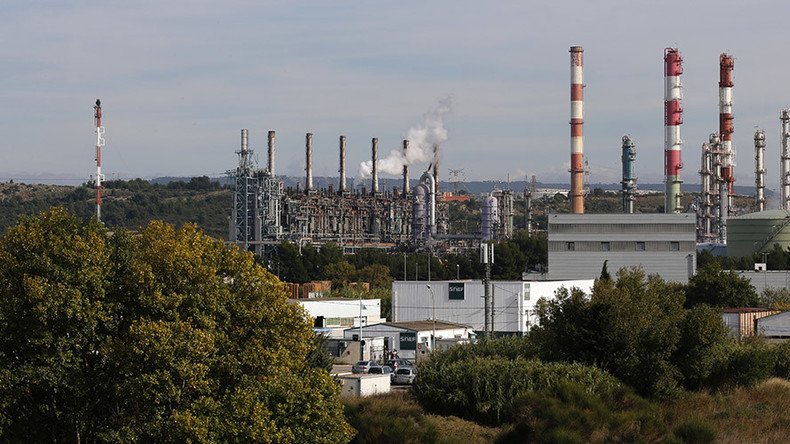Chemical safety reform bill could cripple state efforts at regulation, critics say

Decades-old federal regulations for industrial chemicals are on the verge of being updated, but critics say the final legislation is bound to undercut more progressive chemical safety efforts in several states, including California, Maine, and Washington.
The US Senate and House of Representatives passed similar bills last month in an effort to update the Toxic Substances Control Act (TSCA) of 1976. The upper chamber’s bill, S 697, is named the Frank R. Lautenberg Chemical Safety for the 21st Century Act, while the lower one, HR 2576, is known as the TSCA Modernization Act. Congressional leaders are now ironing out the differences to set a bill up for final passage, opening the possibility that President Barack Obama could sign it into law in February.
The American Chemistry Council (ACC), the largest lobbying organization for the industry, supports the Senate version, calling it “a watershed moment in the history of US environmental legislation” in a statement released last month.
It “will protect human health and the environment, build confidence in the US chemical regulatory system, and address the commercial and competitive needs of the US chemical industry and the national economy,” ACC president and CEO, Cal Dooley, said.
$130b mega-merger: Dow, Dupont to form world's largest agrochemical entity https://t.co/Pqr4uA3Kfwpic.twitter.com/DfB43YWGeY
— RT America (@RT_America) December 12, 2015However, opponents say states such as California, Maine, Washington, Oregon, Vermont, and Minnesota will pay the price for the rare bipartisanship in Washington, DC. States which have taken action on their own ahead of the federal Environment Protection Agency (EPA) would be stopped in their tracks if the final bill produced in congressional talks comes out as expected. Troublesome provisions include restrictions on state powers to regulate chemicals that have already been evaluated by the EPA, as well as full cessation of state consideration of any chemical that is under investigation by the EPA at the time the law comes into effect.
For example, the Washington state legislature is currently considering banning flame retardant compounds used in furniture and products for children. A bill passed the state house 95-3 and, while the state senate has yet to vote on its own version, the whole process could be rendered mute if the federal bill becomes law first.
“We’re very close,” Randi Abrams-Caras, senior campaign director of the Washington Toxics Coalition, told The Intercept. “Our state would have to stop any work we’ve been doing.”
A 2008, a Maine law eventually led to a list of 1,700 “chemicals of concern” that influenced how companies did business nationwide. For example, toymaker Hasbro ended its use of BPA, an organic synthetic industrial chemical, in all of its products. Actions carrying this magnitude of impact are celebrated by environmentalists, in stark contrast to their frustration with the slow moving EPA.
EPA admits popular insecticide threatens honeybees
https://t.co/zdrvNTtiTWpic.twitter.com/I3pV6NBFNi
— RT America (@RT_America) January 8, 2016Under the federal legislation, the EPA would be able to essentially forbid states from controlling chemicals deemed “high priority” by the agency. The Intercept notes that the EPA has kept PFOA, a chemical component of Teflon, categorized as “high priority” since 2002. The EPA has yet to add rules regarding the chemical which has been linked to cancer, though its practical danger remains contested.
As states like California contemplate regulating methylene chloride, a paint removing chemical, or Maine moves to ban phthalates, a plastics reinforcer, the result of a new federal law could completely change the landscape of industry’s regulatory environment.
During the 40 years the TSCA has been in force, approximately 200 chemicals have been listed by the EPA as requiring testing, but only five have become subject to stricter regulation by the feds. Environmental activists against the reform are suspecting more of the same, except with extra consequences for states.












